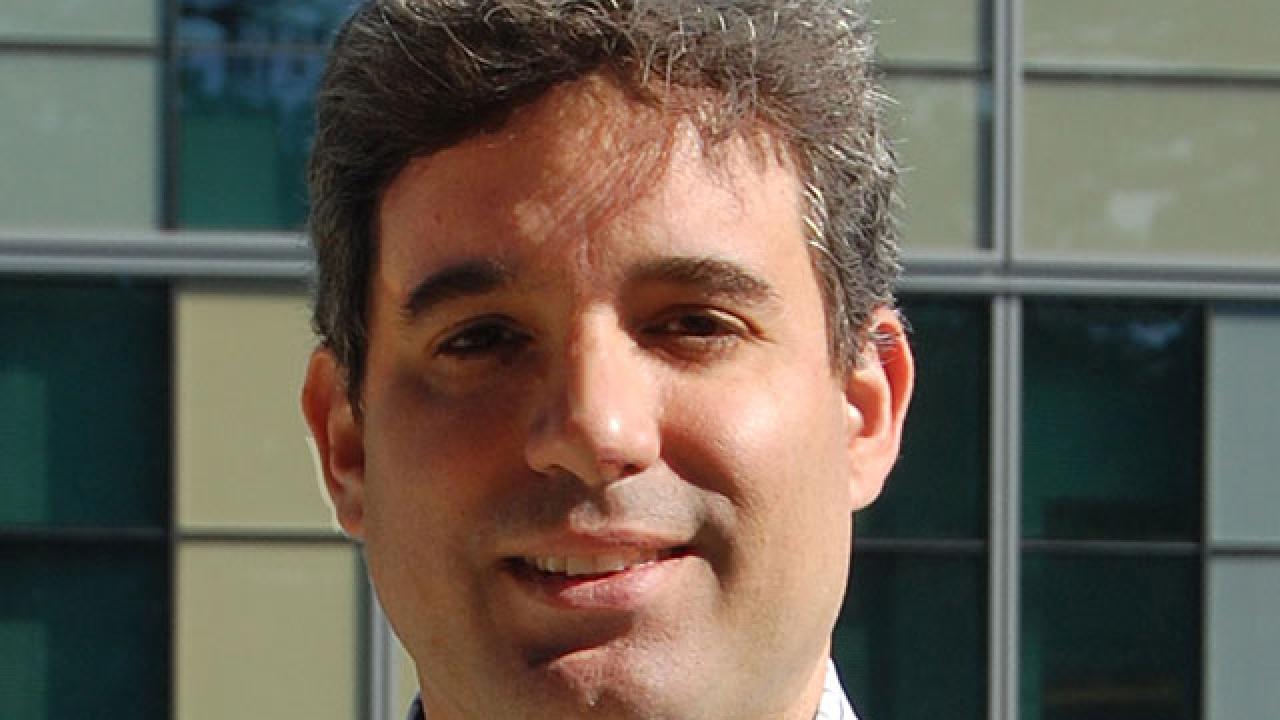
Abel Rodriguez
How do you define faculty leadership?
Faculty leadership is multifaceted. A lot of people think of it narrowly as holding a faculty administrator position (Department Chair, Dean, Vice-Provost) or participating in shared governance through the Academic Senate. Those are certainly important ways in which faculty contribute to leadership within the institution. But the most important facets of faculty leadership involve our actions during the everyday operations of the university, from curricular innovation to growing research initiatives that bring together multiple members of the research community, to finding better ways to build strong links with our local communities.
From a different angle, faculty leadership in the UC system involves the ability to listen to the concerns of multiple constituencies and chart a path forward that is as responsive as possible to the different concerns, while at the same time not shying away from making tough choices. Building consensus is very important given that the university is a relatively flat and decentralized organization. However, a focus on consensus, if unchecked, can drive us into paralysis. A faculty leader should be able to build consensus while driving the shared agenda forward.
Can you share an example of when you've been able to influence positive change as an academic leader?
I have been heavily involved in the launch of the Data Science Initiative (DSI) at UCSC. Data science is, by definition, interdisciplinary. Hence, making the DSI happen involved bringing together people with quite different interests and negotiating a difficult political climate. I believe that my leadership helped catalyze the efforts of a wide group of people to make the DSI successful.
In a different context, in my role as Chair of the Academic Senate Committee on Planning and Budget at UCSC, I was heavily involved in the development of accountability metrics for academic resource investments. UCSC has had a long history of avoiding strategic decisions by allocating resources more or less equally among different stakeholders. This had become a key concern for both faculty and administrators. These concerns opened the opportunity for my committee to generate a report that laid out clear quantitative and qualitative metrics to help guide new investments. We worked collaboratively with the campus Planning and Budget office to make sure that our proposal was feasible and had support from the administration. The recommendations generated by our Senate committee formed the backbone of the new accountability system for faculty FTE allocation used by the campus during the last academic year.
How could the University benefit from preparing more faculty for future leadership positions?
The UC system is a complex institution. Mastering the intricacies of its structure and culture is key for effective leadership. Hence, a pool of home-grown leaders that are able to navigate the system, understand both its advantages and shortcomings, and are invested in its improvement is key for the future of the UC system.
Tell us about your experience with leadership development programs, or if you have not participated in any, what you would hope to gain from doing so.
Leadership programs are an excellent opportunity for networking. I participated in a faculty/staff leadership program on my campus, and many of the people I met there are people that I eventually worked with in one capacity of another. Those personal connections have in fact enabled me to affect change at UCSC.
There are two other ways in which this leadership development program was beneficial to me. First, it helped me to get to know myself better, my strengths but also my weaknesses. Second, the program was a great opportunity to gain a sharper understanding of what was happening at the university and what the current challenges and opportunities were.
How does strong leadership from Faculty impact the University of California?
The University of California is a complex conglomerate that includes units as diverse as medical centers, agricultural stations, and even an insurance company. But at our core, we are an educational institution that aims to serve the long-term interests of California. Faculty leadership is essential if the institution is to remain true to this core mission.
What would you say to Faculty hard pressed to find time to participate in leadership workshops or other programming?
There is much that you can learn about yourself and about the institution by participating in these leadership programs. It might not appear so at first sight, but the investment of time pays for itself in the long run: you need to think about your participation in these programs as a long-term investment.
